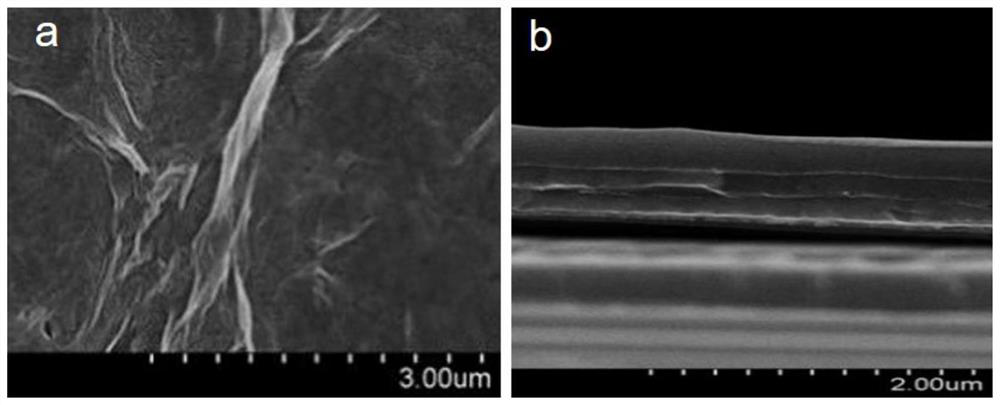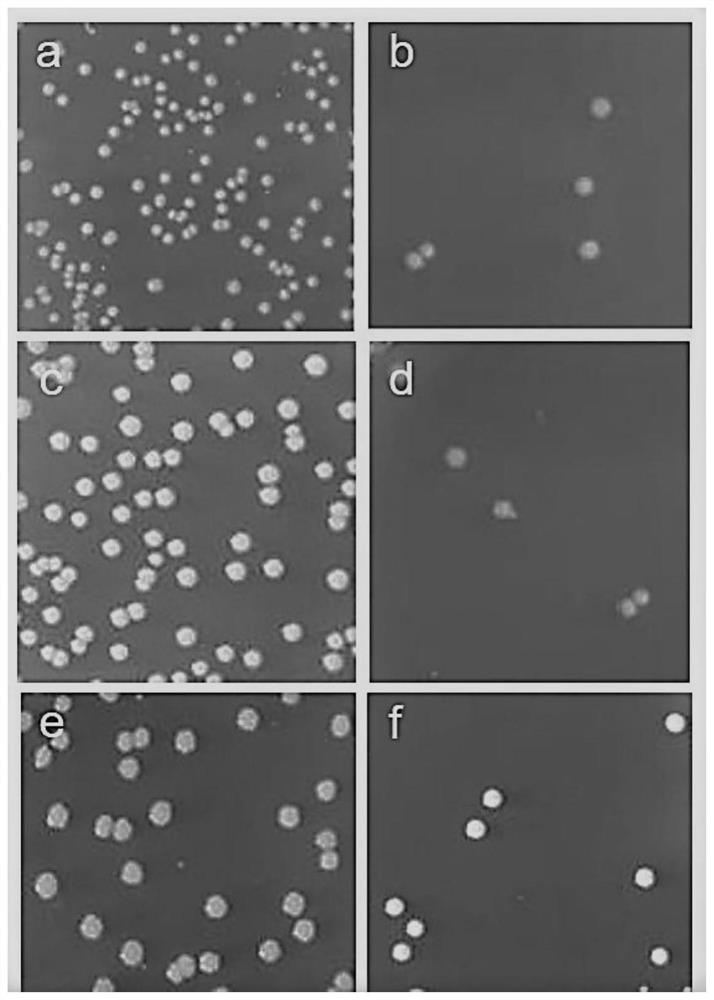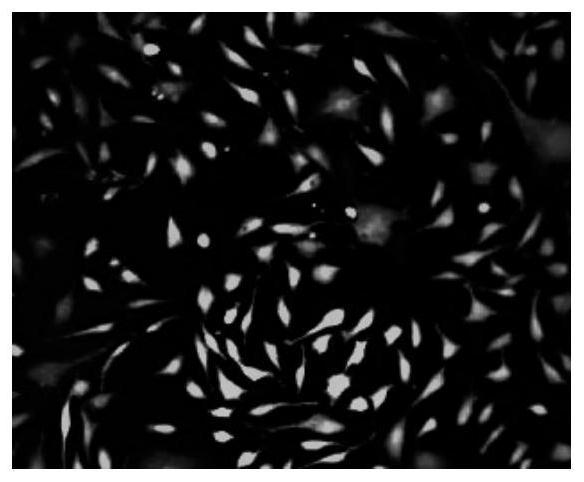An antibacterial heat conducting material
A heat-conducting material and antimicrobial peptide technology, applied in peptides, surgery, coatings, etc., can solve the problems of poor antibiotic treatment effect, strong drug resistance of infected bacteria, and prone to postoperative infection, etc., and achieve good market prospects and social Public benefit value, prevention of postoperative infection, good thermal conductivity effect
- Summary
- Abstract
- Description
- Claims
- Application Information
AI Technical Summary
Problems solved by technology
Method used
Image
Examples
Embodiment 1
[0028] The preparation of embodiment 1 composite antimicrobial peptide
[0029] The mutated compound antimicrobial peptide was synthesized by peptide synthesis method, and the synthesized peptide was named CT-1. The peptide synthesis adopts the F-moc automatic solid-phase synthesis method, and the specific method is as follows:
[0030] 1.1 Synthesis of peptides
[0031] Protected polypeptides were assembled on resin using a model of the 433A automated synthesizer (ABI, Foster City, CA). The peptide resin was incubated in suspension for 2.5 hours at room temperature to deprotect the group. The suspension system is composed of 10 ml of TFA, 0.75 g of phenol, 0.25 ml of 1,2-ethanedithiol, 0.5 ml of sulfide anisole and 0.5 ml of water. The resin was separated from the peptide deprotected mixture by filtration. The crude polypeptide was precipitated in 150ml pre-cooled ether solution, and purified by chromatography on a Sephadex G-25 column with 10% glacial acetic acid as elue...
Embodiment 2
[0037] Example 2 Preparation of thermally conductive material covered with graphene oxide-loaded antimicrobial peptide coating
[0038] In this implementation, the reduced graphene oxide-loaded antimicrobial peptide coating is prepared first, and then the coating is applied to the surface of the heat-conducting material by self-assembly. The heat-conducting material is aluminum alloy, and the graphene oxide-loaded antimicrobial peptide coating is obtained. The aluminum alloy material, concrete preparation method is as follows:
[0039] 2.1 Surface modification of thermally conductive materials
[0040] First immerse the cleaned and dried aluminum alloy in 2mg / ml dopamine hydrochloride solution, adjust the pH value to 8.5 with NaOH, and use it after reacting overnight at room temperature. After fully washing with distilled water, dry at room temperature, and repeat the above steps Three times, the surface of the aluminum alloy is modified with polydopamine, and then the alumin...
Embodiment 3
[0049] Comparison of the antibacterial effect of the coating prepared by the composite antimicrobial peptide and graphene oxide in different proportions of embodiment 3
[0050] In this example, in order to explore the antibacterial effect of coatings prepared by different proportions of composite antibacterial peptides and graphene oxide, the optimal concentration ratio of composite antibacterial peptides and graphene oxide was found out, and the composite antibacterial peptides and reduced Graphene oxide volume ratio is 1:1, 1:2, 1:2.5, the concentration of 1:3, the method for embodiment 2 prepares the aluminum alloy material GO-CT-1-A of corresponding coating, GO- CT-1-B, GO-CT-1-C, GO-CT-1-D, the experimental setting control group is aluminum alloy material without coating, as shown in Table 2 Table 2: Different antimicrobial peptides and Coating Preparation of Graphene Proportion
[0051]
[0052] 3.1 Determination of antibacterial properties
[0053] The antibacteri...
PUM
 Login to View More
Login to View More Abstract
Description
Claims
Application Information
 Login to View More
Login to View More - R&D
- Intellectual Property
- Life Sciences
- Materials
- Tech Scout
- Unparalleled Data Quality
- Higher Quality Content
- 60% Fewer Hallucinations
Browse by: Latest US Patents, China's latest patents, Technical Efficacy Thesaurus, Application Domain, Technology Topic, Popular Technical Reports.
© 2025 PatSnap. All rights reserved.Legal|Privacy policy|Modern Slavery Act Transparency Statement|Sitemap|About US| Contact US: help@patsnap.com



